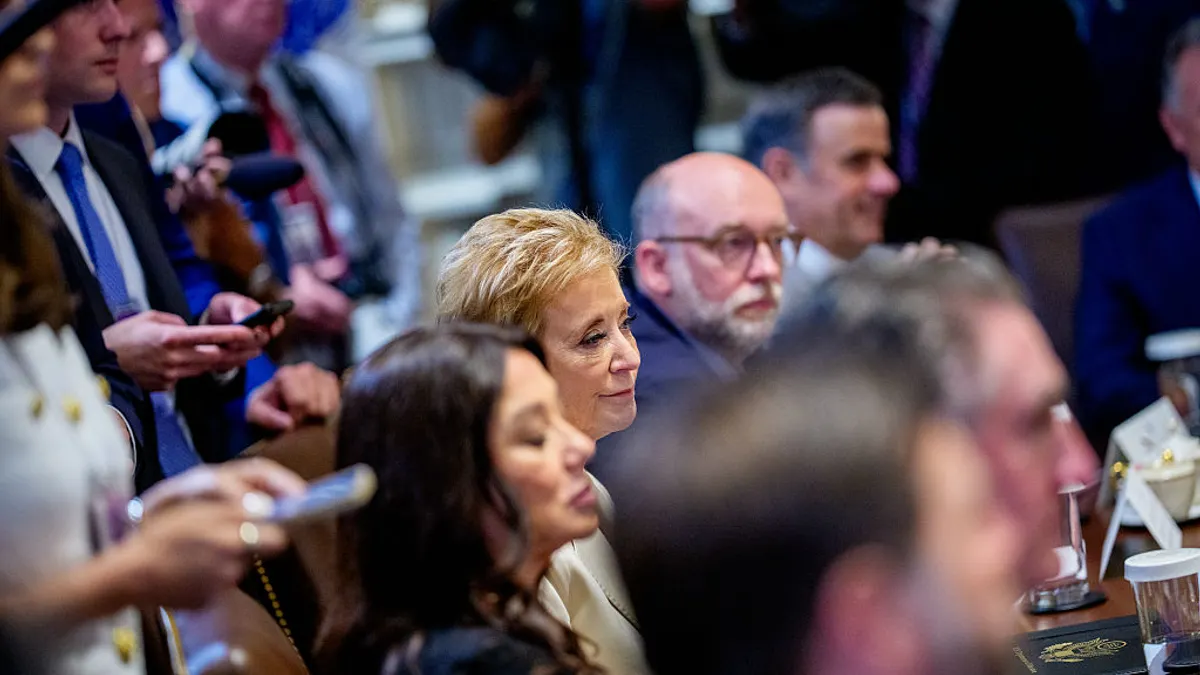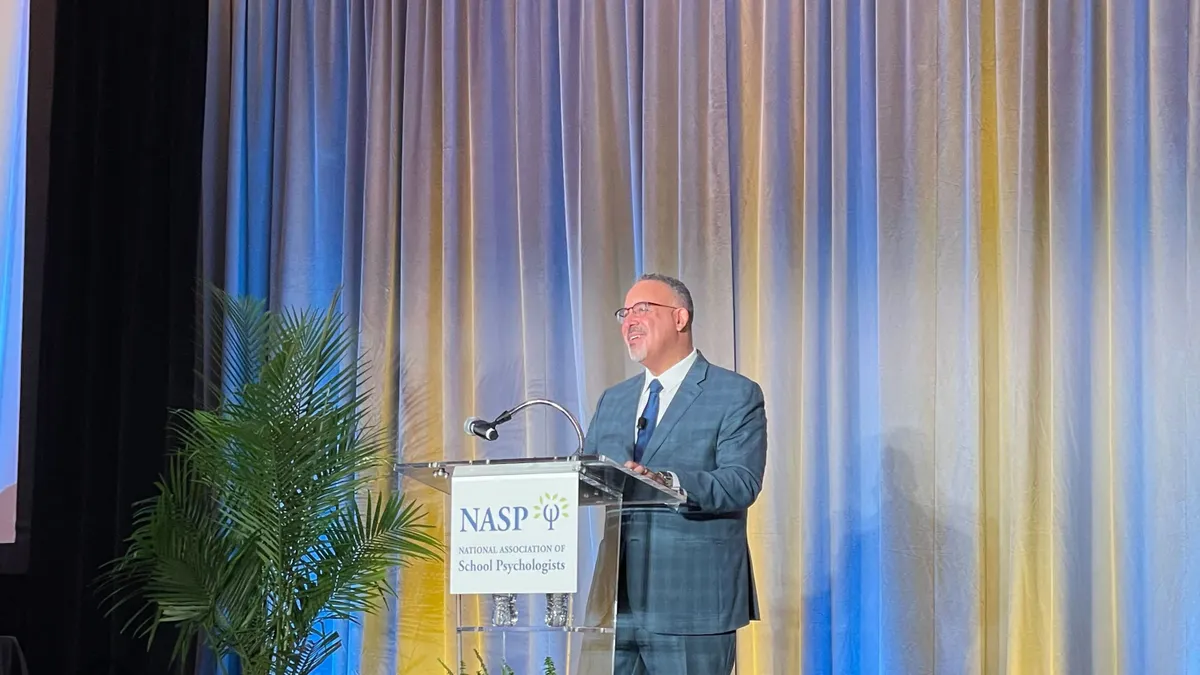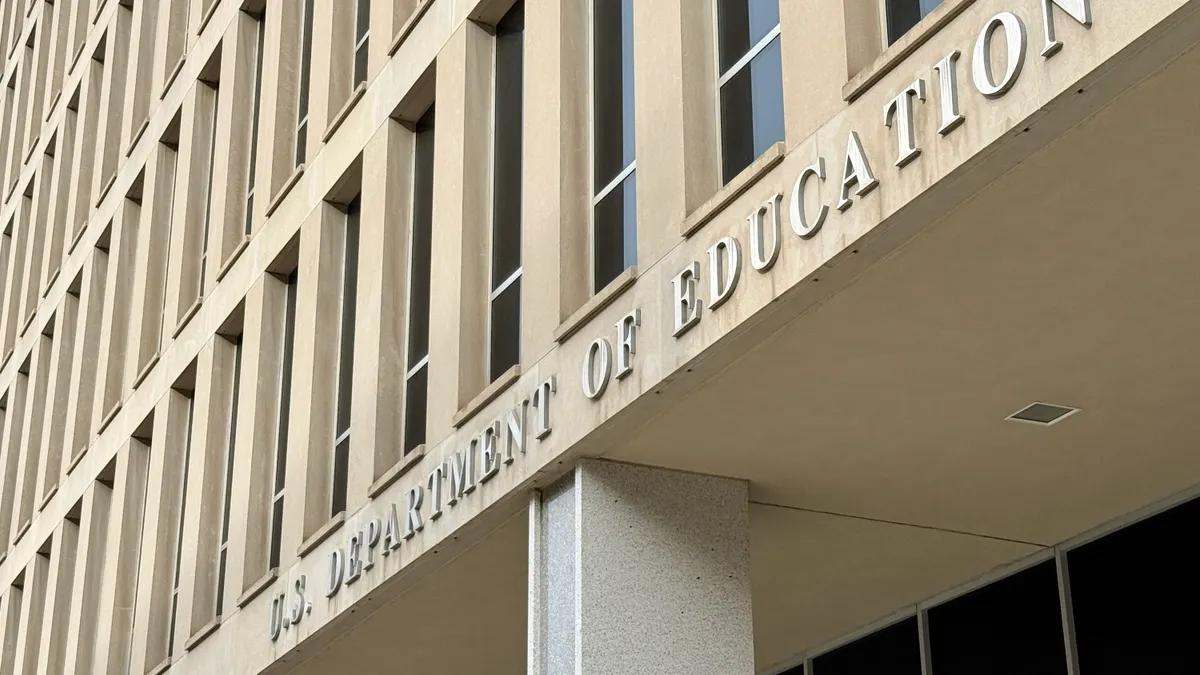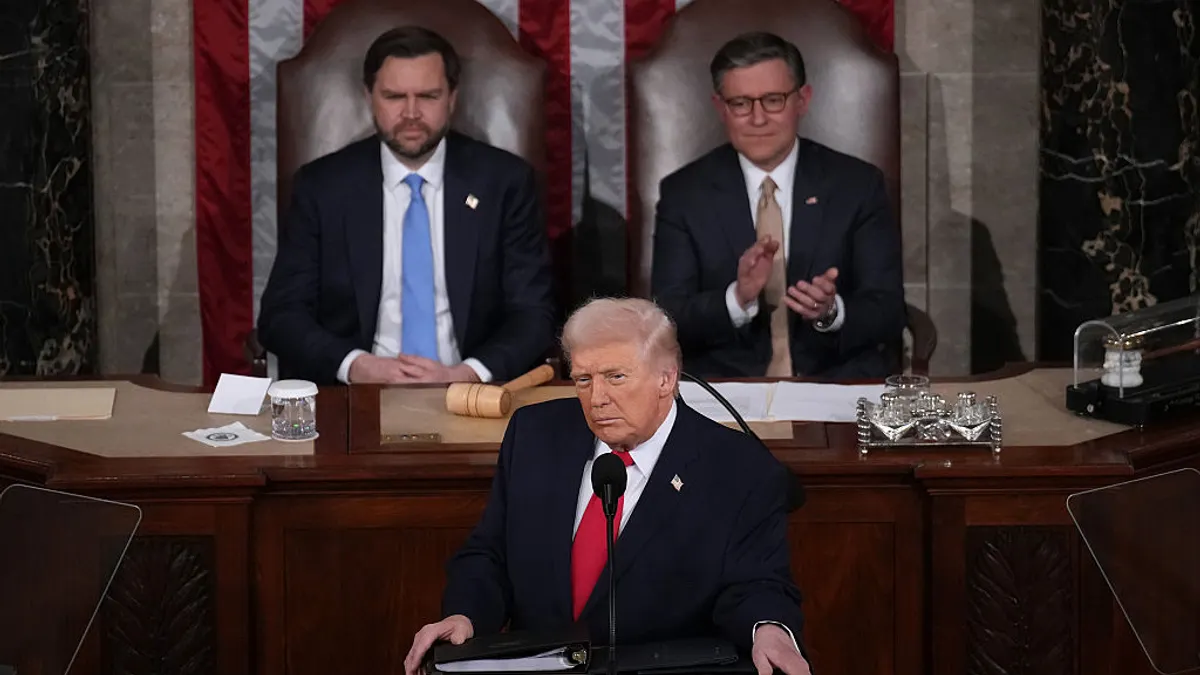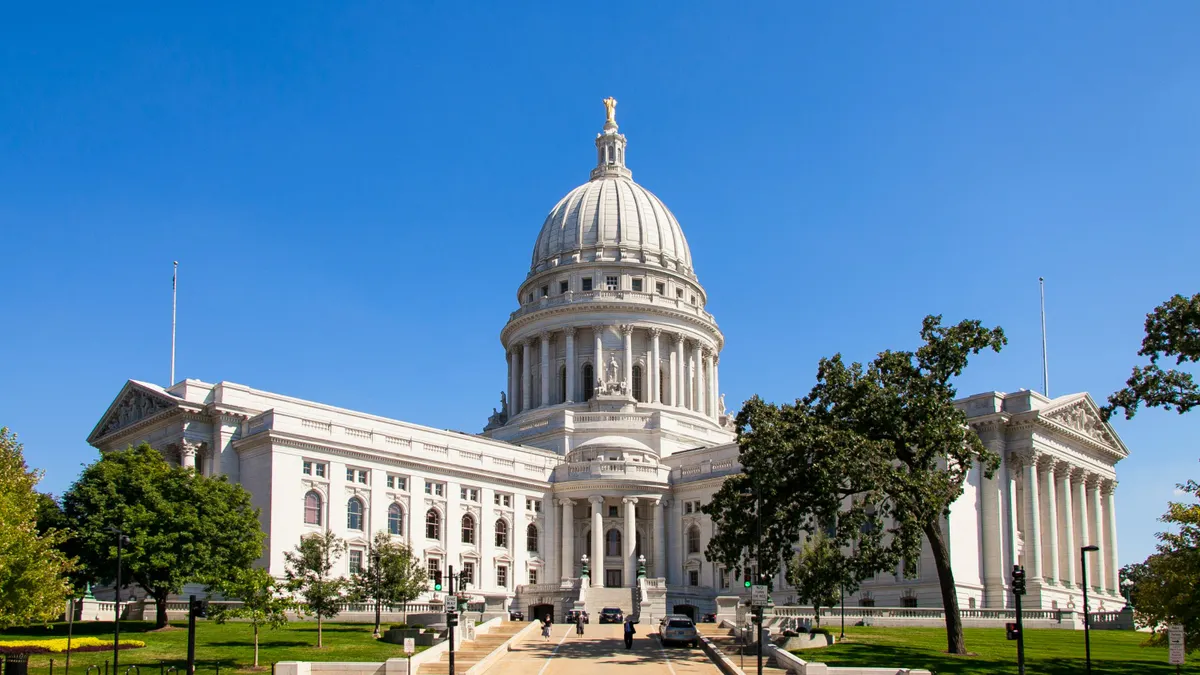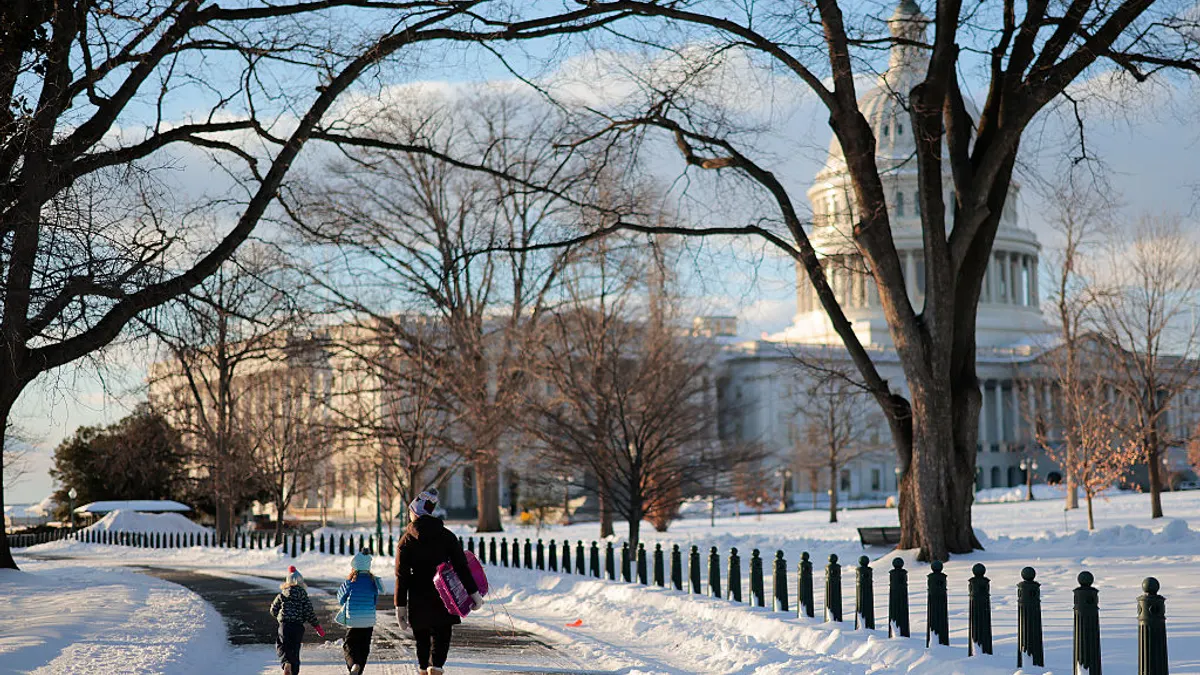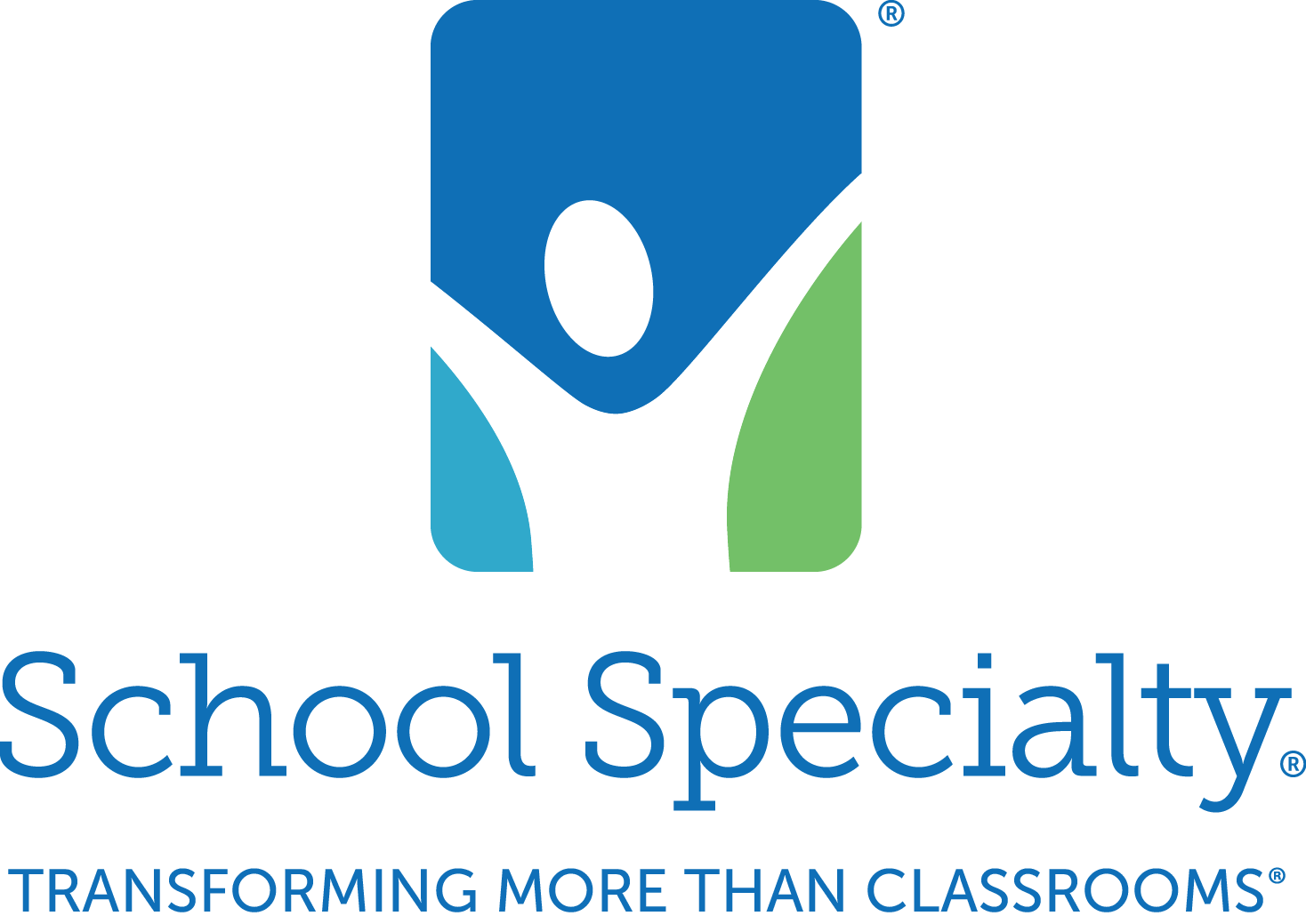The U.S. Department of Education's withholding of $6.2 billion in federal K-12 grants has local and state school systems scrambling to figure out how to make up for the budget shortages. It has also caused a swell of advocacy from families, lawmakers, educators and others across the nation.
The withheld funds for fiscal year 2025 were expected to be released by the Education Department July 1. Programs at risk due to the funding hold include English learner services, academic supports, after-school programming and professional development.
The frozen funds represent at least 10% or more of states' overall K-12 federal revenues if the money is not distributed, according to the nonpartisan Learning Policy Institute.
At the local level, superintendents and principals are voicing concern about how the funding freeze will impact their school services, particularly those that serve English learners, homeless students and students from low-income families.
Chase Christensen, principal and superintendent of the 80-student Sheridan County School District #3 in rural Clearmont, Wyoming, said his district was expecting $30,000 in Title II and IV funding that is being withheld.
The district had nearly finalized its roughly $4 million budget for the upcoming school year when it learned of the federal funding freeze. It then adjusted the budget to remove those federal funds and is making up the difference by leaving a staffing position vacant.
Although the budget adjustment means student services under those title programs can continue, Christensen said "every dollar of federal funding for education is impactful" at the individual student level.
"When these funds are pulled, especially this late in the game for budget planning and everything else, students are going to be the ones that lose out," Christensen said.
Nationally, bigger districts have the largest funding gaps, according to a New America analysis of data from 46 states that had available funding figures. Those districts include Los Angeles Unified School District ($82 million), Florida's Dade County School District ($38 million), and Nevada's Clark County School District ($22 million).
Advocacy groups and policymakers are calling on the Trump administration to restore the funds. The Boys and Girls Clubs of America, a nonprofit that supports afterschool programs, said the impact of the blocked funds will be "swift and devastating," in a statement from President and CEO Jim Clark.
Clark said 926 Boys and Girls Clubs across the country could close, and 5,900 jobs would be lost if the funding is not released. "Afterschool and summer learning programs are cornerstones of academic success, public safety, and family stability for millions of young people — but right now, we stand at a dangerous tipping point," Clark said.
The National English Learner Roundtable, a coalition of more than a dozen national and state-based organizations supportive of English learner services, said in a Thursday statement, "This unprecedented move by the Department has blindsided schools that have always been able to rely on these funds to support the start of the school year, and has created budgetary chaos for nearly every K-12 school district."
On Thursday, 150 Democratic House lawmakers sent a letter to U.S. Education Secretary Linda McMahon and White House Office of Management and Budget Director Russell Vought demanding the title funds be released.
"This late-breaking decision, which provided no timeline for which states can expect a final decision, is leaving states financially vulnerable and forcing many to make last minute decisions about how to proceed with K12 education in this upcoming school year,” the letter said.
The funding hold has already led to staff layoffs, program delays and cancellations of services, the House members said.
Spending under review
The withheld funds were appropriated by Congress and approved by President Donald Trump earlier this year. States expected to gain access to the monies starting July 1, as routine. But the day before, on June 30, the Education Department told grantees not to expect the funds while it conducts a review and referred questions to OMB.
The specific grant funding being withheld includes:
- Title II-A for professional development: $2.2 billion.
- Title IV-A for student support and academic enrichment: $1.4 billion.
- Title IV-B for 21st Century Community Learning Centers: $1.3 billion.
- Title III-A for English-learner services: $890 million.
- Title I-C for migrant education: $375 million.
On Thursday, in a statement to K-12 Dive, OMB said no funding decisions have been made and that it is conducting a "programmatic review of education funding."
The office also said, "initial findings show that many of these grant programs have been grossly misused to subsidize a radical leftwing agenda."
OMB and the Education Department have not indicated a timeframe for the review of the frozen federal funds.
The Trump administration has said it is scrutinizing spending across all federal agencies to ensure there is no waste, fraud or abuse of taxpayer dollars. Republican leaders have said they want to reduce the scope of the federal government to give states and districts more financial decision-making.
Additionally, since Trump's inauguration in January, the Education Department has sought to lay off about half its staff, temporarily withheld federal COVID-19 emergency funding, scaled back education research, and promised to shut down the agency.
Supplement, not supplant concerns
All the turmoil is taking a toll on school and district education leaders, said the Center on Reinventing Public Education in a recent post. To support districts, CRPE recommends that state education agencies provide clarity about funding rules and help districts craft innovative solutions for budget shortages.
Finding funding efficiencies such as potential district consolidations may also need to be considered, CRPE said.
Christensen, the Wyoming principal and superintendent, said clarification and guidance from his superintendent networks and the National Association of Secondary School Principals has been helpful to him during this moment of funding uncertainty. Christensen was named Wyoming's 2025 Secondary Principal of the Year by the Wyoming Association of Secondary School Principals earlier this year.
AASA, The School Superintendents Association, meanwhile, is telling its members that the "supplement, not supplant" rule for federal funding — the practice of using federal funds to replace state or local funds — should not be a concern at this time.
AASA points to a 2013 Education Department letter that said if a district needs to to use local dollars to make up for a funding shortfall in federal money, but then later receives the federal funding, this scenario would not trigger a “supplement, not supplant” concern because the local dollars were being loaned or fronted to fill that federal funding gap.
The 2013 letter also recommends districts document if they use local funds to fill in federal funding shortages.


